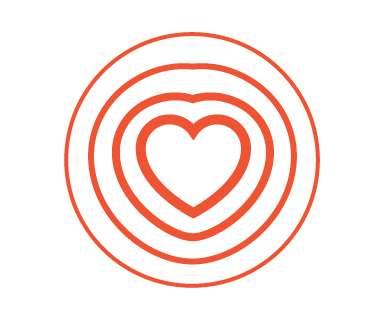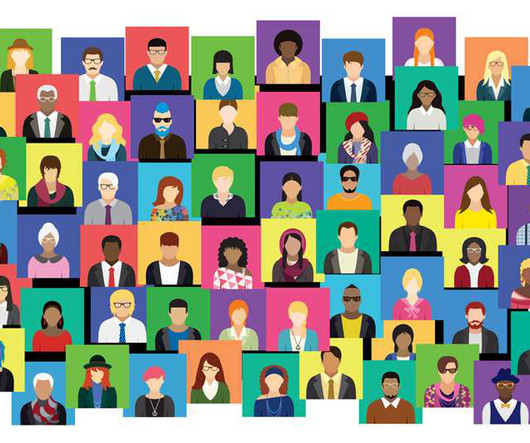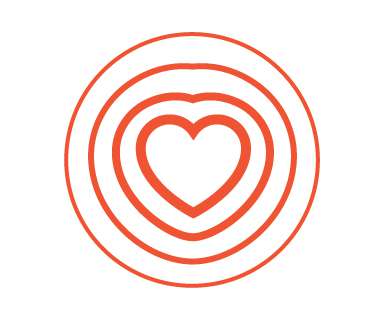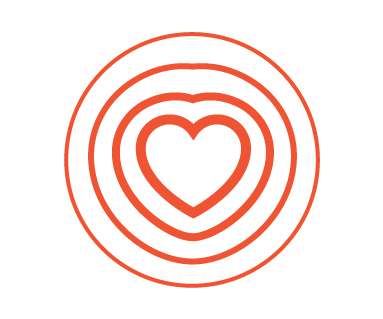How Young People Are Using Digital Tools to Help Deal with Mental Health
Health Populi
MARCH 17, 2021
These dynamics and these young health citizens’ coping mechanisms are captured in the report, Coping with COVID-19: How Young People Use Digital Media to Manage Their Mental Health. sought health information online in 2020, a slight decline from 2018. Some 8 in 10 younger people in the U.S.



















Let's personalize your content